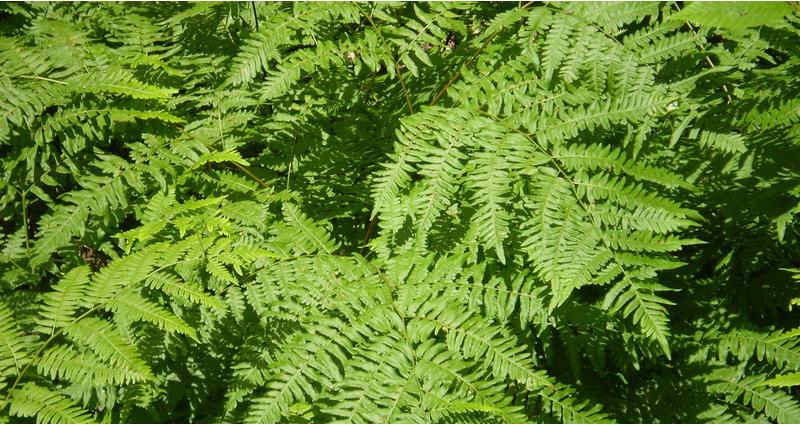The manufacturer of the herbicide Asulox, UPL Europe Ltd., announced on Friday 13 October that it had made the decision to cease further work on a permanent solution for the use of asulam (the active ingredient in Asulox) for the control of bracken.
The HSE Chemicals Regulatory Division previously outlined additional testing that must be conducted by the manufacturers as a requirement for the 2023 Asulox Emergency Authorisation.
UPL Europe Ltd. wrote to the industry on Friday, stating that “after careful consideration, including the significant investment needed to continue this [testing] work, UPL Limited has now taken the difficult decision not to go ahead”.
This decision therefore removes the possibility of achieving full regulatory approval for asulam in the future and any further emergency authorisations.
Why is bracken control important?
Bracken control is essential for both animal and human health, alongside maintaining land for grazing and fostering biodiversity.
Bracken beds provided an ideal habitat for sheep ticks and the associated tick-borne diseases pose a threat to health of people (especially Lyme disease), livestock, and wildlife.
At the end of 2012, Asulam, which is marketed as Asulox, was withdrawn from use for bracken control, however it has continued to be available under the terms of annual emergency authorisations, applied for by the Bracken Control Group.
“Bracken control is essential for both animal and human health on my farm as well as many others in England and Wales.”
NFU Cymru Rural Affairs Board chair Hedd Pugh
Hedd Pugh Chairman of NFU Cymru Rural Affairs Board said “bracken control is essential for both animal and human health on my farm as well as many others in England and Wales”.
“Bracken control is also essential in the establishment of new tree plantations. The principal remaining options for control include the use of weed wipers and mechanical methods such as rolling, bruising or cutting. However, such mechanical methods are often unviable in many situations on steep rocky slopes,” Hedd added.
The Bracken Control Group reacted to UPL’s decision with the following statement: “This is disappointing news, but the bracken threat is not going away, and without the controlling influence of asulam, it is likely to increase.”
This news follows decisions in June of this year by Scottish and Welsh governments, not to approve the Emergency Authorisation for the use of Asulox in their respective countries for the 2023 season.
The NFU and NFU Cymru will meet with the Sector Representatives of the Bracken Control Group later this month to discuss next steps in relation to bracken and its control.
